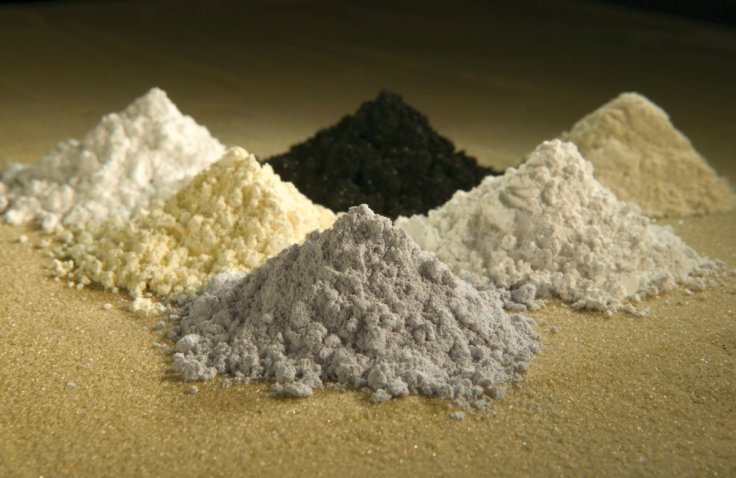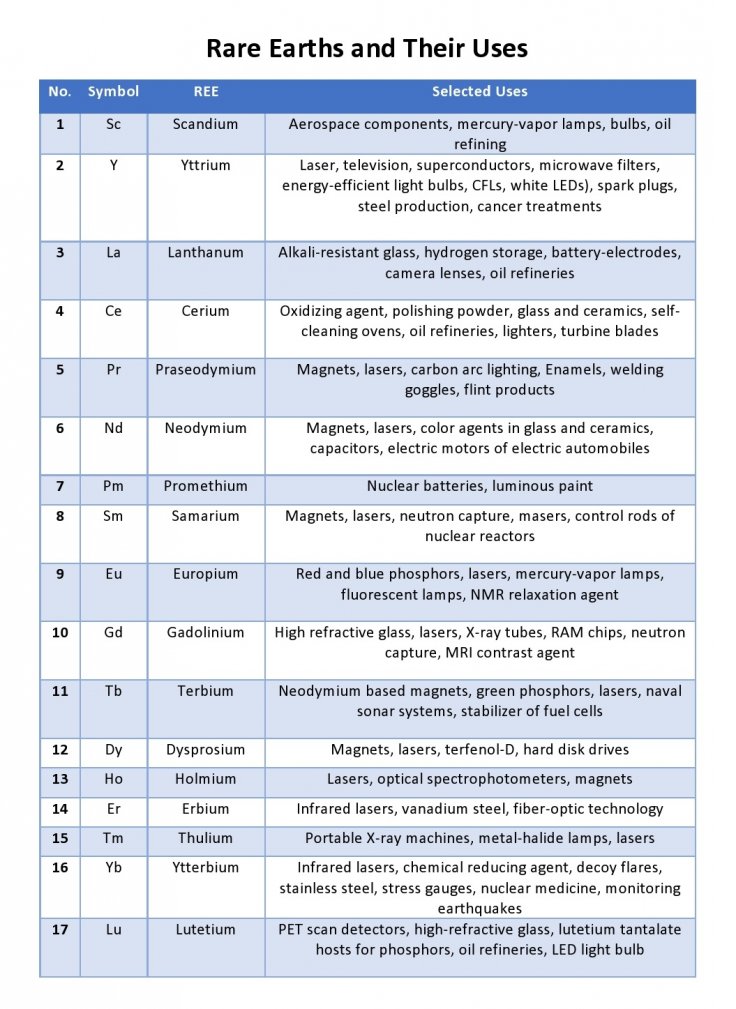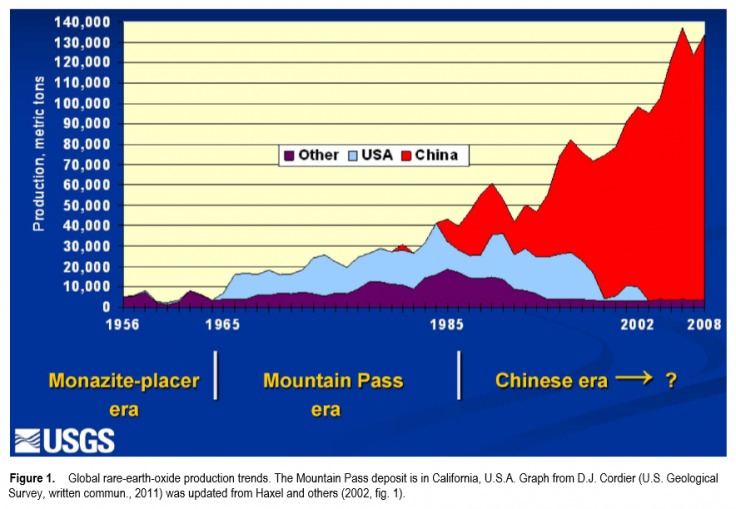A Swedish mining company has announced the finding of what might be Europe's largest deposit of rare earths. Swedish firm LKAB said it has discovered more than one million tonnes of rare earth oxides in the Kiruna area in the north of the country.
"This is good news, not only for LKAB, the region and the Swedish people, but also for Europe and the climate," said Jan Moström, president and group CEO of LKAB, according to CNN.
Significant Discovery
This significant discovery will be quite useful for Europe, which does not have any rare earth elements mines. The region is entirely dependent on China, which has a vice-like grip on the production of this crucial element.

What are Rare Earths?
Rare earths are a group of 17 chemical elements that are used mostly in manufacturing electronics, semiconductors, DVDs, rechargeable batteries, mobile phones, speaker magnets, magnets, fluorescent bulbs and defense equipment such as night-vision goggles, precision-guided weapons, navigation and communication equipment. The minerals also have a crucial role in play clean energy technologies.
Chinese Dominance

The rare earths market is brutally dominated by China, which produces around 60 percent of its global production. Rare earths were not in great demand before the semiconductor revolution. South Africa produced most of it from monazite deposits during the 1950s. As demand increased increased, the US, India, Brazil and other entered the race. However, China started controlling the market in the 1980s with cheap pricing. By the 1990s, China became the leading producer and consumer of REEs. Mainland China has the world's largest reserve with approximately 44 million metric tons.
European Union's Self-Sufficiency

Sweden said LKAB's rare earths discovery will help the region end its dependence on China for rare earth minerals. "Electrification, the European Union's self-sufficiency and independence from Russia and China will begin in the mine ... We need to strengthen industrial value chains in Europe and create real opportunities for the electrification of our societies," said Ebba Busch, Sweden's minister for energy, business and industry.
"If we look at how other permit processes have worked within our industry, it will be at least 10-15 years before we can actually begin mining and deliver raw materials to the market," LKAB said.








